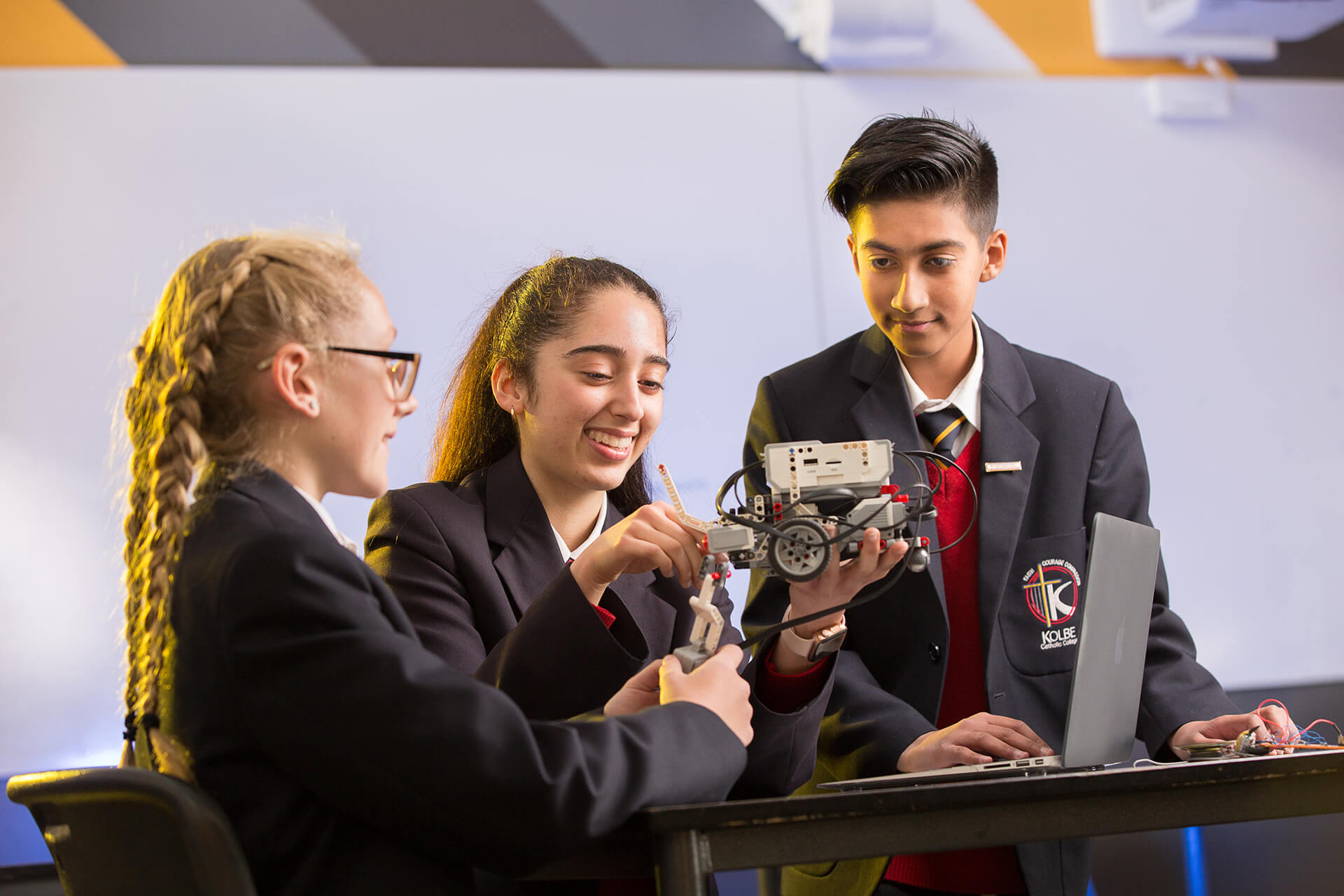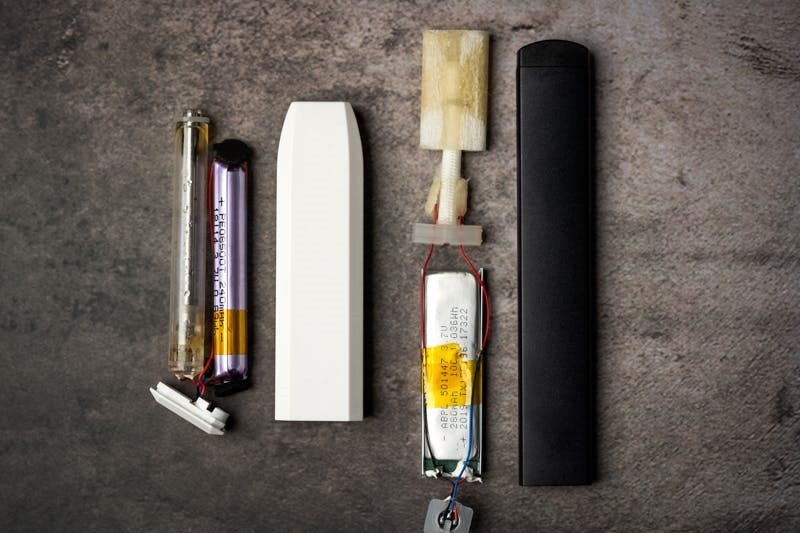
Last week, September 4-10, was National Child Protection Week, a public awareness event aimed to promote its theme: ‘Every child, in every community, needs a fair go'. As a College, child safety remains a central focus for us and, importantly, supporting students to feel empowered to let someone know when they don’t feel safe. Last year, we developed our Child Friendly Commitment to Child Safety, designed to help our students to understand their right to feel safe and what to do when they don’t. You can find this document on the College Website at https://www.kolbecc.catholic.edu.au/uploads/Commitment-to-Child-Safety-Child-Friendly-Version.pptx.pdf
Vaping - What parents need to know
The growing prevalence of vaping amongst adolescents has health authorities concerned, due to a rise in vaping-related deaths, seizures and permanent lung damage as a result of vaping. To assist parents to be aware of the concerns about vapes, the following is a brief overview from a health perspective and a legal perspective.
Even when using vapes that indicate they don’t contain nicotine, vapes are still not harmless. It is important to understand that when someone uses a vape, they are not inhaling water vapour. They are inhaling chemical vapour. When someone inhales on a vape, it triggers a sensor on the battery which turns on a heating coil that heats the chemicals stored inside and turns them into a vapour that is inhaled into the lungs.

Manufacturers are increasingly producing cheap vapes that are readily available and specifically designed to be attractive to young people – brightly coloured, often flavoured and, importantly, inexpensive. These are coming from overseas and are unregulated – meaning that these vapes may contain extremely dangerous chemicals.
Some of the chemicals detected in cheap vapes include:
- Nicotine - even when not indicated, nicotine has been found in vapes tested by authorities in higher proportions than advertised. Nicotine is highly addictive and impacts on brain development;
- Formaldehyde – a product that is used in glues and as an embalming fluid, and is highly carcinogenic
- Diacetyl – chemical used to give food enhanced flavour; while Diacetyl is not dangerous if eaten or swallowed, it can cause irreversible lung damage if inhaled
- Heavy Metals – such as Arsenic, Lead, Nickel and Tin which are variously poisonous to the human body, with repeated exposure.
Ingesting these chemicals from unregulated devices in unknown proportions can result in immediate health impacts – seizure, breathing difficulties, death – and long-term damage to your lungs, heart, brain development etc.
Most products that involve inhaling chemicals into the lungs go through a long testing process to prove they are safe and effective. These tests have not been conducted on the vapes available in Australia, so their safety can't be guaranteed.
These cheap disposable vapes have been designed especially to appeal to children. But they are anything but harmless.
Finally, it is important for parents to be aware that it is illegal to:
- sell, possess or use liquid containing nicotine in an e-cigarette.
- sell vapes (including non-nicotine vapes) to a person under the age of 18; and
- use a vape (including non-nicotine vapes) on school grounds or within 4 metres of a school.
Anthony Tate - What parents need to know
High-profile influencer Andrew Tate was recently banned from Facebook, Instagram and TikTok after he was found to be spreading toxic, violent and misogynistic views about the treatment of women. Tate’s ideas have received saturation coverage on social media and many young people may have been exposed to his content.
Given the extreme nature of Tate’s views, we would encourage parents to use the holidays to discuss with your children whether they have encountered this content. Instagram account @theunteachables has developed a guide for teachers to handle discussions about Andrew Tate. However, this guide may be just as useful for parents to tackle the conversation about Tate or any other toxic online content your child may encounter:
- Don’t ignore the subject: The absolute worst thing we can do is do or say nothing (or very little).
- Open the conversation so you can guide in a way that informs and educates.
- Approach with curiosity and non-judgment and then explain why Tate’s content is problematic (in language that is age appropriate).
- Name the content for what it is: misogynistic and violent (when we ignore, we normalise).
- If you see your child laughing about or speaking positively about Tate, don’t just tell them to stop talking about it. Instead, try to explore why they see it positively and what they think is funny about it.
- If you hear your child actively acting out or expressing these views, immediately name the behaviour for what it is. Eg: “What you have just said is homophobic/misogynistic/sexist/violent/abusive”.
- Then, ensure any victim or witness of the comments is safe and knows the views and behaviour is unacceptable.
- Finally, have a discussion with your child exploring the real harm of these views/behaviours and educate them around the deeper issues. Eg: “Do you understand the things you said are serious and not okay?”
Source: @theunteachables
Tracey Kift
Deputy Principal


